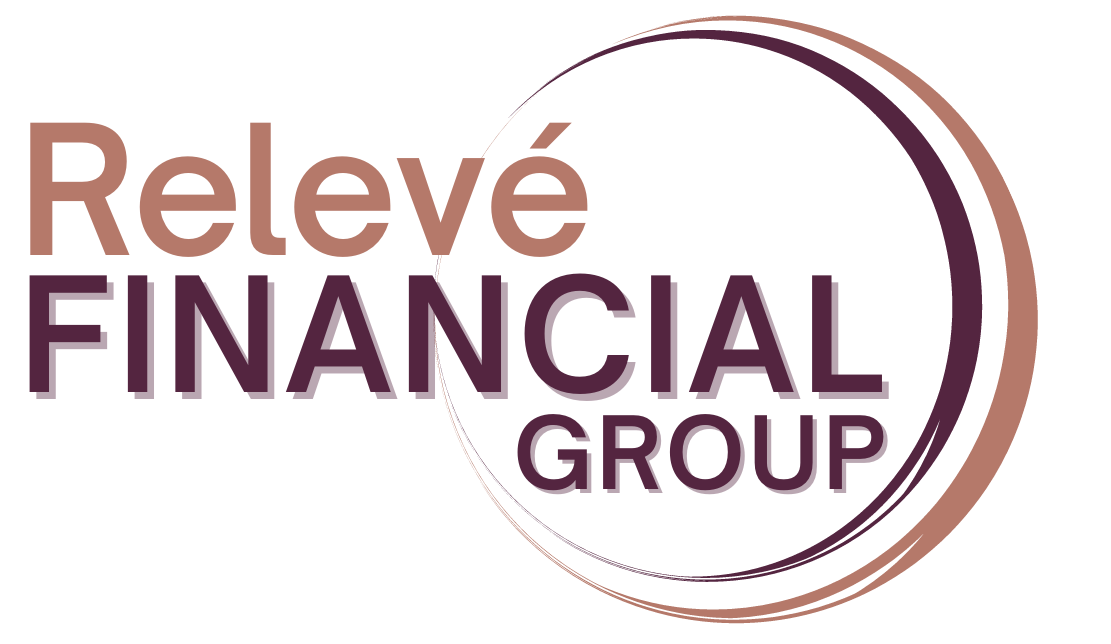All data and commentary as of February 5, 2024.
Cryptocurrency assets have taken markets by storm over the past few years, and the noise around this emerging asset class has only escalated recently as the SEC approved the first spot Bitcoin ETFs in January. While these tech based tools have been polarizing among financial experts, what exactly is a cryptocurrency and how are they used?
As the name “cryptocurrency” suggests, assets like Bitcoin and Ethereum are simply defined as a digital, decentralized, and encrypted medium of exchange. While the digital aspect of these assets is pretty self explanatory, the qualities of decentralization and encryption are worth digging into a little deeper. Unlike the US dollar or other traditional currencies, there is no central regulatory or banking authority that manages and monitors the value of these assets – meaning it is fully decentralized. Transactions are executed, verified, and recorded on a massive, open, virtual ledger called a blockchain. Every user of a crypto asset like Bitcoin has access to their own copy of this ledger, which is updated and validated with each new transaction to create a unified record of transactions that is available to everyone. The end result is a method to transfer and potentially create wealth transparently, anonymously, and without the need to rely on traditional banks or financial systems.
So with all that tech jargon out of the way, how would a person use cryptocurrencies? Assets like Bitcoin have potential to be used as currency to complete a transaction just like we would use a credit card, debit card, or cash. However, the value of these assets tends to fluctuate dramatically more than traditional cash – and outside of digital purchases online, the acceptance of digital assets at brick and mortar retail establishments has been slow to take off.
The other widespread use of cryptocurrencies is as an investment. While the sky high returns of crypto assets have been impressive over the past few years, this growth has been accompanied by extremely high volatility. Unlike traditional investments like stocks, bonds, mutual funds, and ETFs – we are still very early on the regulatory road with this asset class, and there are thousands of examples of scams that have defrauded consumers by parading themselves on the market as “the newest cryptocurrency”. At the end of the day, well known and trusted assets like Bitcoin and Ethereum may have a bright future in the investment world – but this asset class is incredibly risky and volatile, and only appropriate for investors with a very high risk tolerance.
At Relevé, we are always on the lookout for innovative investment opportunities – but the cryptocurrency market is still too young, unregulated, and volatile to make sense in a well balanced and diversified portfolio. If you have any questions about cryptocurrency or its uses, don’t hesitate to reach out and we would be happy to have a conversation about this controversial asset class!

Jake Fromm | Lead Investment Analyst, CFS® | It is our mission to help you think differently about your wealth so you can LIVE WELLthy™ today and tomorrow.
